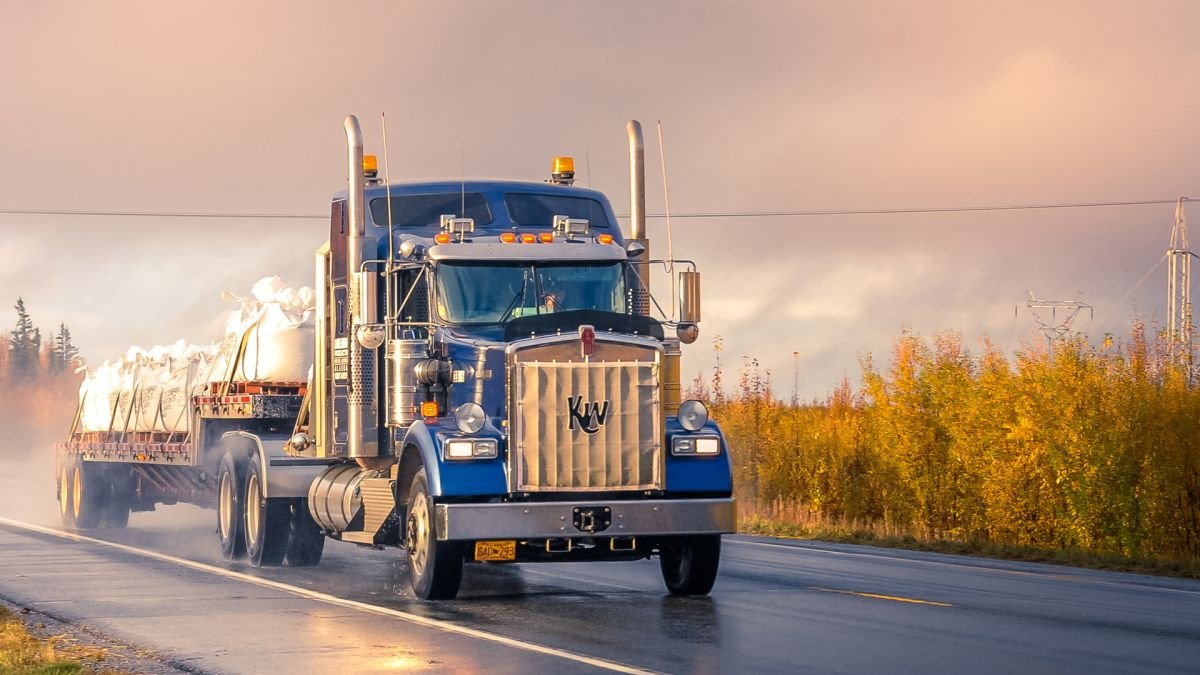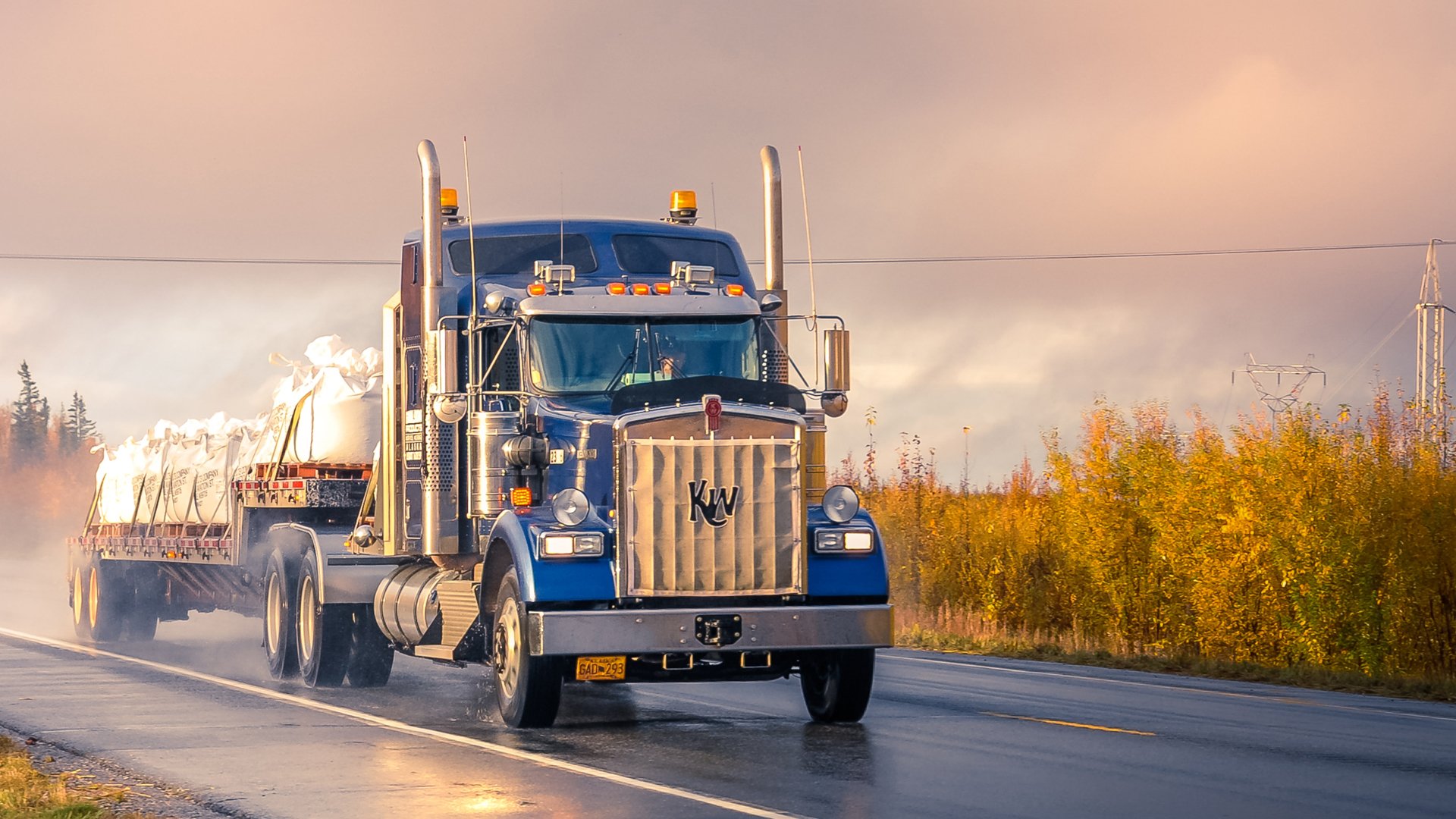

According to research analyst Gartner, the fleet management industry was worth €16 billion in 2017 and is expected to continue to grow. So it's no wonder so many companies are looking for fleet management software. However, fleet managers and other senior executives may wonder if there is a need for fleet management software, and if so, how they should determine which software meets their fleet management needs. In this article, our goal is to help businesses answer these questions, provide details on the different types of fleet management buyers, and conclude with a list of questions a fleet manager can answer to determine features. what do you need.
Purpose of fleet management software
We've covered this topic in more detail here, but to summarize, fleet management is the organization and administration involved in coordinating commercial vehicles. By managing the fleet, companies can control the entire fleet lifecycle and ultimately help them improve efficiency, reduce costs, increase productivity, reduce risk and ensure compliance with government regulations. Fleet managers are there to manage many responsibilities, including fuel consumption tracking, driver management, health and safety requirements, route planning, vehicle acquisition and maintenance. vehicles. Even with the help of a team, this is a difficult task for one person, which is why software is often needed to help managers and improve their ability to benefit from a fleet management strategy. .What Kinds of Companies Buy Fleet Management Software?
Work vehicles represent a significant part of the economy and are used in almost every industry. Businesses with fleets include carriers, couriers, sales, repair and service industries, utilities, mass transit, oil and gas supply, and emergency services. Vehicles are not limited to those on land: fleet management technology can also be used on ships, planes, and rail cars. Here are some examples of the types of industries that use fleet management software and where they come from: For example, plumbing, construction, and landscaping departments may use GPS fleet tracking, which is a feature of the software which can help the manager understand where the staff are and when to send them. Local government Municipalities, states and cities could use telematics and GPS tracking to reduce fuel costs as they seek to reduce their CO2 emissions. By being able to follow their drivers, they could ensure average speeds were reduced and hard braking stopped; Driving more economically, efficiently and safely would effectively reduce fuel consumption, service and maintenance costs and reduce the number of accidents. Oil Gas Oil distribution companies may wish to implement a fleet management solution that allows them to track their tankers and tankers, as well as effectively monitor driver behavior. If there is something wrong with the vehicle, or if a driver overtakes, brakes hard, drives aggressively, or sits idle for a long time, the fleet manager can receive an alert. This is very important in the oil and gas industry where safety is paramount. In an emergency, the driver can even be equipped with a panic button that can alert the fleet manager in real time. Service and Repairs Company-owned vehicles are often used for service and repair personnel. A fleet management solution can ensure that the driver uses the most economical route, which would reduce fuel consumption and costs. In addition, a combination of telematics and integration with third-party software can help a business sift through inventory, check road conditions, and monitor driver location in real time to ensure the most loved one with relevant experience is sent. . Emergency Services Optimizing the use of emergency service vehicles is essential to give service providers better control over their fleet. Knowing where vehicles are can help emergency services get the right people to the scene as quickly as possible. In addition, telematics can help ensure that the car meets due diligence standards and that the vehicle is driven in a safe manner for patients, staff and the public, with consideration for other road users and pedestrians. This type of data can help emergency services improve the service they provide and make it safer. Construction Construction managers must ensure that all their vehicles and equipment are in good working order, for productivity and safety reasons. GPS tracking can help monitor behaviors that could damage vehicles, including breaking or sudden acceleration. Additionally, maintenance alerts can be set at certain milestones, either based on time or mileage, and can help keep managers on top of maintenance. As construction vehicles are often attractive to thieves, alerts can be triggered to ensure that the fleet manager knows if a vehicle has started at an unauthorized time or has deviated from its destination route. If vehicles are lost, GPS location data can help find them. Distribution Fleet management software can be useful for large global corporations and small courier companies when it comes to delivering packages. Fleet managers can find the best routes for their vehicle and update the route drivers should take.Does your company need fleet management software?
Some of the benefits for specific industries have been outlined above, and ultimately they are often solutions to many of the challenges fleet managers face. As organizations have grown, many of these issues require quicker attention. These include:- Many administrative tasks, such as quoting, billing, identifying and dispatching drivers, managing expenses, and keeping customers informed, have been complicated and decentralized, but fleet management can help simplify or automate many of these tasks.
- Fuel management has been a great challenge. The software enables managers to track fuel consumption, check vehicles and drivers for excessive fuel usage, and monitor driver behavior. By doing this, fleet managers can manage fuel prices more effectively. For example, by analyzing driver behavior, managers can gain insight into downtime that can contribute to large fuel costs.
- Expensive maintenance costs. Fleet management software can be outfitted with workflow automation software, providing managers with regular service and maintenance reminders based on factors such as date, mileage, or time of day. use. By monitoring the maintenance schedule, managers can take action before a vehicle shows signs of malfunction.
- Lack of constant communication. Fleet management software simplifies the management of drivers in the field with an application to communicate with them through messages and commands. In addition, the vehicles can provide information about the order and the estimated time of arrival.
- Stay on top of regulations and compliance. Since all information is kept up-to-date and expiration date notifications can be used, it is much easier to comply with regulations.
List of questions to ask yourself before buying fleet management software
While it's easy to know whether or not you need fleet management software, the decision to choose the provider is more complicated. Much will depend on the features and type of partnership a provider can offer. Here are some questions to answer yourself to find out if you need specific features: Do you need more visibility into your fuel costs, or are you spending too much on fuel? If so, fuel management can be achieved with a number of features including:- A dedicated fuel management application that tracks fuel costs and individual transactions
- GPS tracking to help monitor driver behavior